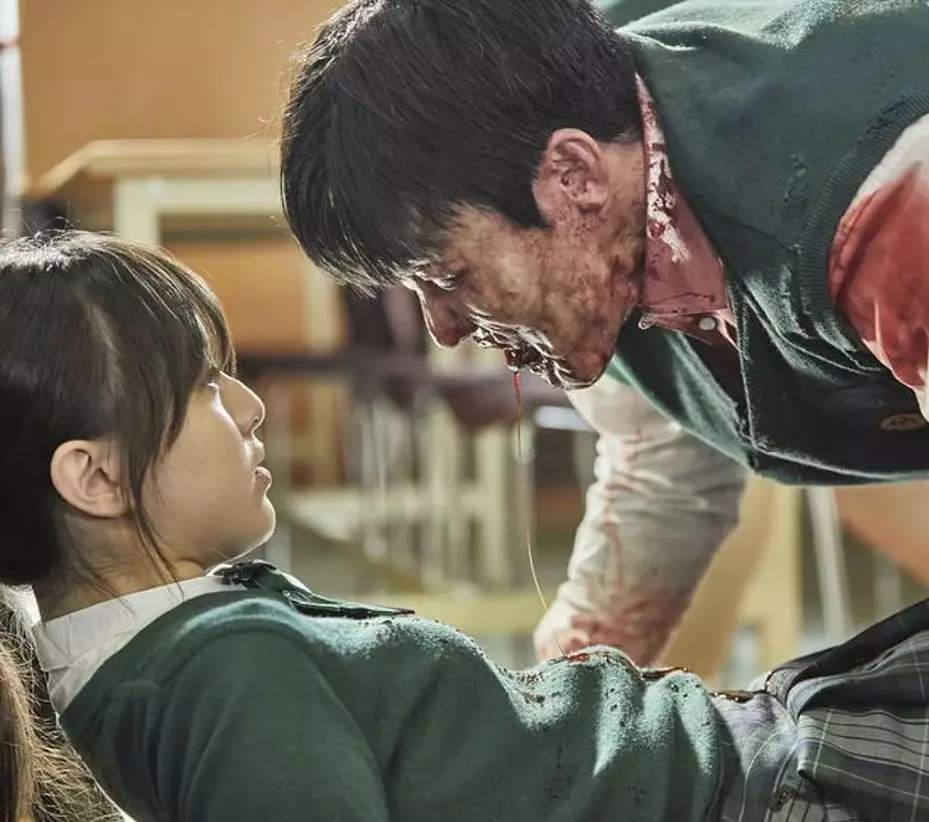Table of Content
Sometimes it can be hard to believe that your innocent and obedient little boy grows into an angry, anti-social teenager. However, teenage behavior problems are very common, and as a parent, you must understand that a teenager is going through a complex stage of his life.
Adolescent behavior problems
It is common for teenagers to be disrespectful, rebel, and often aggressive, and it is important for parents to know where to draw a line. Adolescent behavior problems arise due to a number of reasons, such as changing body image, confusion about the future and function, peer pressure, parent pressure, social media and the Internet, depression etc. Unlike childhood behavior problems, where it was a little easier to make your child understand, adolescent behavior problems can be more difficult to understand and deal with. Before understanding how to deal with teenagers, it is important to understand what the typical teenage behavior entails and what are some of the symptoms of a teenager's behavior problem:
Feeling of aversion to parents and family
You may notice that your children does not want to go to your places, or does not like to sit and talk with you, or that he is not interested in participating in family affairs. It gives you the feeling that your son who was hugging you after returning from school sometimes does not even recognize his presence
Gadgets and smartphones. Your teen seems to be doing nothing all day long except sticking to a laptop or phone. They appear to be less directly connected and have full attention on their devices.
Hanging out with friends
Your teen is more interested in spending time with a gang of friends than you or your family. Moreover, you often find that your teenager loves the company of friends who disagree. Love going out late with friends and don't trust them much
Extreme behavior is a small thing that can alert them
It can be as simple as re-adjusting the shelf or wearing certain clothes to wash it off which might bothers you and strike you like never before.
However, there are also other serious adolescent behavioral problems, such as ADHD, anxiety disorder, bipolar disorder, behavior disorder, eating disorder, as well as depression, which may need medical advice and advice.
Adolescent behavior management strategies
How do you deal with disrespectful adolescent behavior? How to help your child make the right decisions and choices? It may seem like a daunting task; However, it can make your relationship with your teenage son less rugged and help you remember a few things.
- Never act without respect or harmful behavior personally. Understand that your teenager still needs and loves you, but you are at a crossroads in life when you cannot express it or fully understand it. Screaming again every time your teenager screams at you or being physically abusive will not help the teenager. Instead, he confronted his aggression quietly. Be strict about the type of behavior you will allow, without stirring the situation.
- Try to have some rules on using cell phones and laptops at home. Use some parental control measures if you think your child likes things online that he does not consent to. However, your child will continue to lead by example. You should try to communicate with your teenager and make sure to spend quality time together on meals or holidays.
- Be a little flexible with rules and perception. If your teenager wants to stay for a day or wants to pierce his nose, understand the circumstances and sometimes let go. Excessive focus on retouching rules can lead to teenage rebellion.
- Do not preach or underestimate the feelings of the teenager. A teenager needs sympathy and an adult is listening. Regularly lecturing on how to waste your teenage son or dealing seriously with high school relationships is not a great way to build a good relationship with your child.
.webp)





_1735214375.webp)








